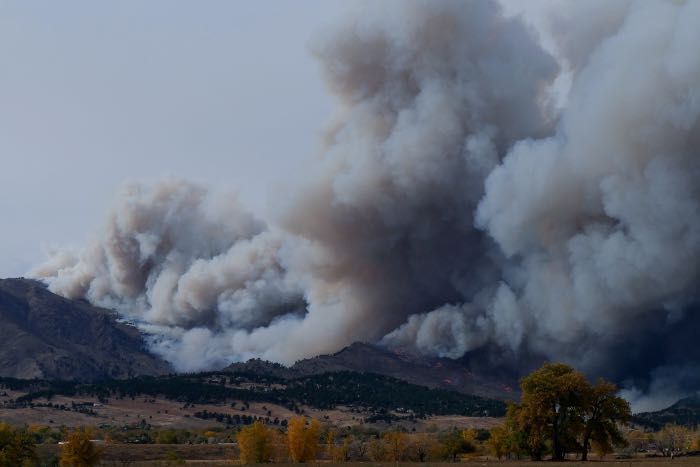
Address the problem, not the person. It sounds like great advice. The way we make change. By not alienating potential allies.
So we name the problem: climate change. We explain how it impacts all of us. And we mobilize to motivate.
Why hasn’t it worked? Because we intentionally avoided the source of the problem.
Actual people are responsible.
Not just you and me. In fact, you and me are hardly responsible. We trust experts. Make our way in the world. All the people doing their thing account for, what, 3% of pollution and water usage? We aren’t the problem.
But to avoid directed attention to who is responsible, we have externalized the threat posed by climate change. We called it “climate change” and made it an “it”. A thing. That exists. Something that is not connected to its origins. Or the companies who most contribute to it.
As Anat Shenker-Osorio explains:
Absolutely devastating how many decades we spent embroiled in arguments about climate change being real & person-made when, all along, we should have been clearly telling folks that a handful of corporations are poisoning us for profit.
—Anat Shenker-Osorio
She continues:
Personifying “climate change” – making it the actor in our sentences – precludes organizing. You can’t go protest at “climate change’s HQ.” But you can go after the petrol pirates plundering our very air, land and water.
—Anat Shenker-Osorio
This exposes one of the techniques we use to avoid dealing with our problems is to externalize them. Even when it makes the problem something we then can’t deal with.
Intentionally unintentional
Most of us don’t do this intentionally. Other than as a useful mechanism for avoidance. Climate change freaks us out existentially. So why not make it something out there and not something I actually do have control over.
Similarly, we refilter it through a lens of personal responsibility. Shutting off the faucet while brushing teeth, for instance. Which then does allow us to feel engaged. Rather than deal with farms and industry accounting for over 90% of our water use.
The extraordinary irony of all this is that we both let our villains off the hook – by not specifying that it’s specific people behind noxious outcomes – and we rendered our solutions seemingly impossible, by speaking so much about this amorphous villain.
—Anat Shenker-Osorio
This avoidance prevents us from stopping the distorting influence these industries and this negative avoidant thinking have over our lives.
And it prevents us from positively naming what we actually want and need. Walkable communities, more access to renewable resources, and decreased consumption.
Or, more broadly…
We want clean air and abundant clean water. These aren’t things we ought to bargain away for the sake of someone else’s profit.
I highly recommend reading Shenker-Osorio’s whole thread. She is a master communicator. And this explains why our message is often misunderstood.
